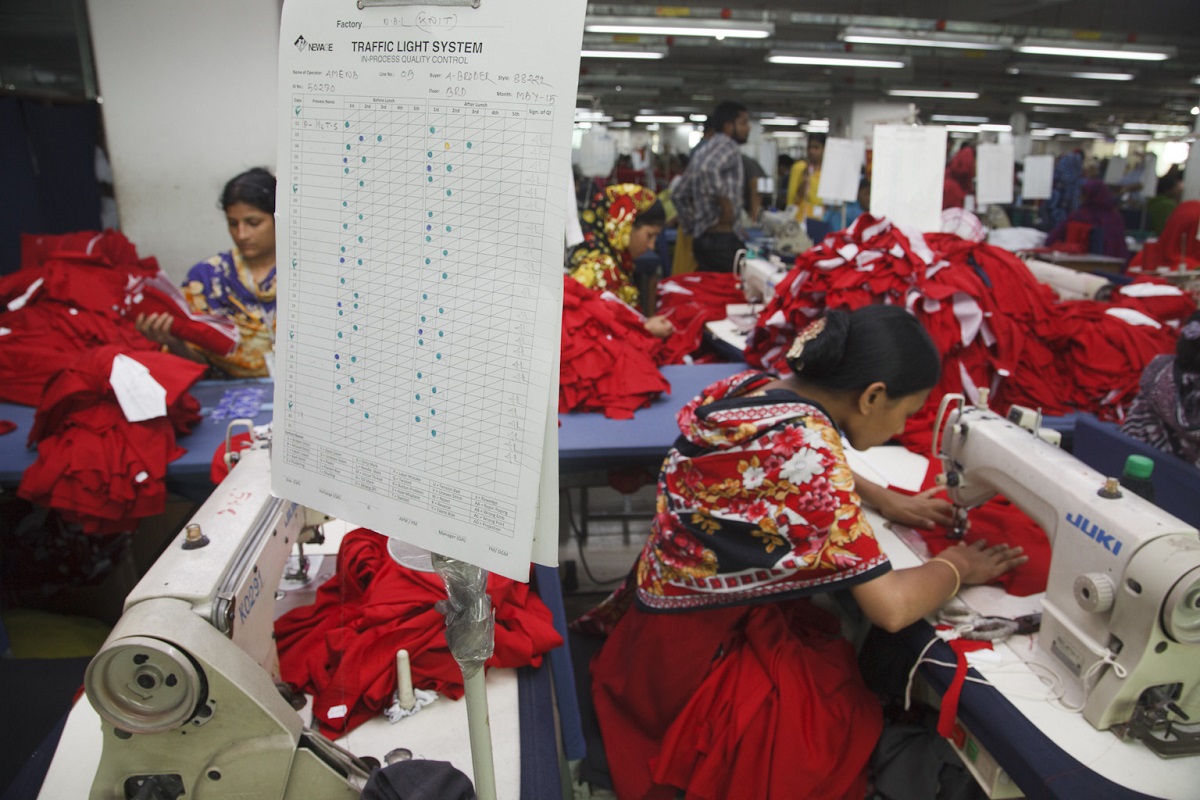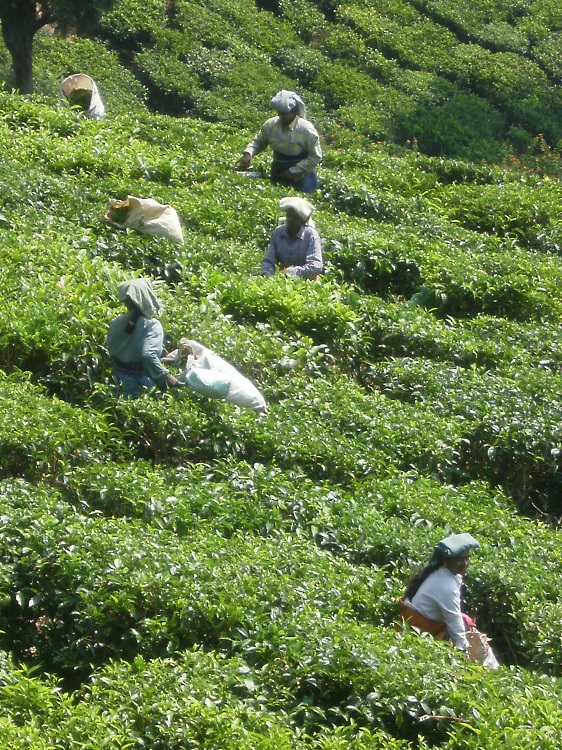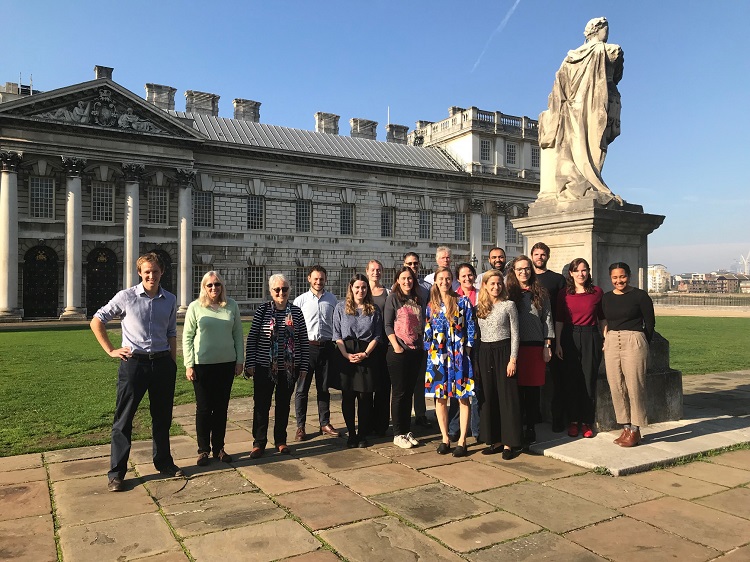
Like with the current Spice Girls t-shirts, ‘irresponsible business’ hits the headlines when working conditions in factories making products for high-profile brands are revealed. Over the years, details have emerged of workers in developing countries who are under-age or overworked, underpaid and operating in unsafe or dangerous working conditions and of companies that pollute the environment or have negative effects on local communities. Making business more responsible has the potential to have a huge positive impact on everyone, especially the millions of poor workers and communities whose lives are directly affected by business. But while many global companies and investors are increasingly concerned about sustainability issues, there are systemic challenges and major sustainability issues in all sectors – from apparel to agriculture, electronics and mining. NRI has been researching if and how companies can become responsible.
 Definitions of ‘responsible business’ vary, encompassing a wide-range of social and environmental sustainability issues, such as human rights, decent work, climate change, deforestation and pollution. Currently, diverse international organisations are working to influence, inform and pressure companies to be more responsible. They use a wide variety of voluntary approaches, including product sustainability certification, corporate reporting standards, public benchmarks rating corporate performance, and digital technologies for supply chain transparency and increasing worker voice.
Definitions of ‘responsible business’ vary, encompassing a wide-range of social and environmental sustainability issues, such as human rights, decent work, climate change, deforestation and pollution. Currently, diverse international organisations are working to influence, inform and pressure companies to be more responsible. They use a wide variety of voluntary approaches, including product sustainability certification, corporate reporting standards, public benchmarks rating corporate performance, and digital technologies for supply chain transparency and increasing worker voice.
But how effective are these organisations and approaches, and are they having the desired impact? An NRI team, led by Professor Valerie Nelson, has been conducting an evaluation of a DFID programme to explore this question. The ‘Responsible, Accountable, Transparent Enterprise’ programme, known as ‘RATE’, is a 5-year DFID programme with funding of £27 million, whose aim is to encourage responsible business behaviour with a view to ensuring and improving the safety and well-being of poor people where business activity affects their lives. RATE’s 12 partner organisations working in responsible business are: B Lab, British Academy Research Programme on Modern Slavery and Human Rights, the UK’s Ethical Trading Initiative, Fairtrade, Global Reporting Initiative, Humanity United, ISEAL, ShareAction, Shift, UN Global Compact, UK National Contact Point, and World Benchmarking Alliance.
The NRI team, headed by Professor Nelson, and comprising external associate Michael Flint and NRI’s Professor Adrienne Martin, led the Monitoring, Evaluation and Learning (MEL) of the programme. They recently completed a Mid-Term Evaluation Report for RATE, which is published by DFID on their website. For further details see NRI’s Sustainable Trade and Responsible Business Programme page. Amongst other findings, the report identified the importance of building the MEL capacity of the partner organisations.
In 2018, building on two years of capacity-strengthening efforts, the team, with additional inputs from Associate Professor Ravinder Kumar, helped the RATE partner organisations to develop theories of change and create action plans for improving their indicators and methodologies, so that they can better understand, improve and communicate their impact. The team provided a comprehensive guidance manual and facilitated bilateral advisory workshops.
 In October 2018, the team hosted a successful RATE partners’ learning workshop at the University of Greenwich campus in London, the fourth in the series of annual learning events. The event was managed by Caroline Troy, with reporting by Gillian Summers. The workshop explored best practice approaches to MEL in responsible business, taking partners on a progressive exploration of Theory of Change, quantitative evidence and case studies, and the evaluation of capacity and behaviour change and impacts on poor workers and communities, and the environment. It is anticipated this work will contribute to greater investment in MEL by responsible business organisations, as a way of learning how to improve their own strategies and will also inform the wider world about whether they are effective, stimulating debate on additional or alternative strategies to achieving responsible business.
In October 2018, the team hosted a successful RATE partners’ learning workshop at the University of Greenwich campus in London, the fourth in the series of annual learning events. The event was managed by Caroline Troy, with reporting by Gillian Summers. The workshop explored best practice approaches to MEL in responsible business, taking partners on a progressive exploration of Theory of Change, quantitative evidence and case studies, and the evaluation of capacity and behaviour change and impacts on poor workers and communities, and the environment. It is anticipated this work will contribute to greater investment in MEL by responsible business organisations, as a way of learning how to improve their own strategies and will also inform the wider world about whether they are effective, stimulating debate on additional or alternative strategies to achieving responsible business.
Links: Professor Nelson's profile

